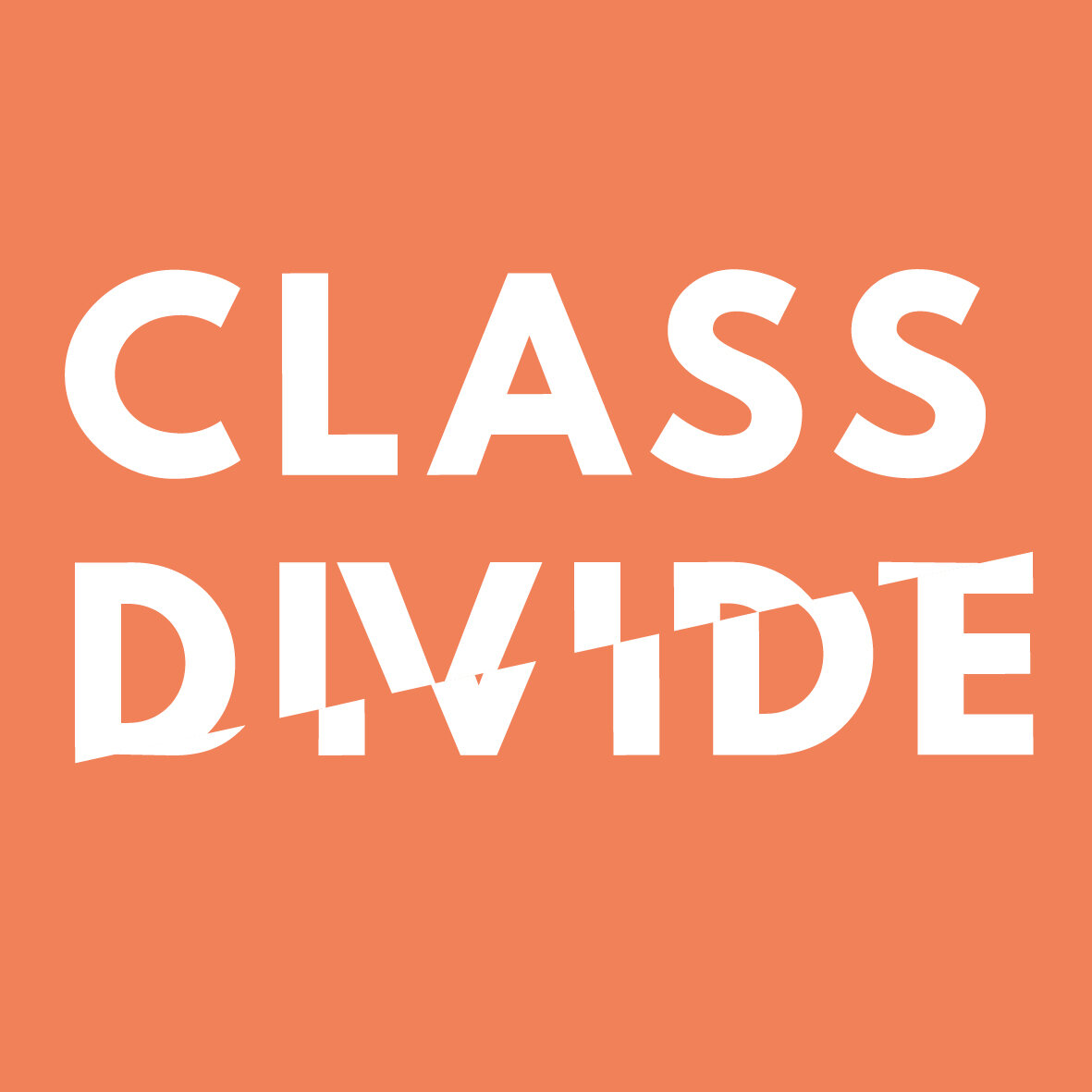Bridging the Gap: How Brighton's Education Community is Working to Combat Educational Inequality
In a packed room on a rainy January evening, educators, administrators and community activists gathered to tackle one of Brighton and Hove's most pressing challenges: the stark educational inequality that continues to hold back students from low-income backgrounds. The event, organised by Class Divide's teachers' network, brought together voices from across the educational spectrum to share insights and strategies for creating positive change.
The Scale of the Challenge
The statistics paint a sobering picture. In Brighton and Hove, in 2022/23 whilst 47.4% of all 18-year-olds progress to higher education, only 20.9% of students eligible for free school meals (FSM) make the same journey (compared to 51.8% of non-FSM students). This creates a staggering 30.9% gap - one of the larger gaps in the country. Even more concerning, just 5.1% of FSM students in Brighton and Hove progress to high-tariff universities, compared to 20.7% of their non-FSM peers.
These local disparities are part of a broader regional pattern. Sussex as a whole lags behind the national average for FSM students progressing to higher education, challenging the perception of the South East as uniformly affluent. As Dan Hawkins from the University of Sussex's Widening Participation team noted, “If you're a young person in the South East receiving free school meals, you are statistically less likely to progress to higher education than your peers.”
A Community Response
What makes this event particularly significant is how it showcases the collaborative approach being taken to address these challenges. BHASVIC (Brighton, Hove And Sussex Sixth Form College) has implemented innovative programmes that are already showing promising results. Their Flourish Mentoring initiative pairs students with education professionals in a unique relationship that focuses on academic support whilst avoiding the traditional teacher-student dynamic. As James Moncrieff from BHASVIC explained, mentors work "only with the student," creating a safe space for learning and growth.
The University of Sussex has set ambitious targets to increase the proportion of FSM students in their student body by at least 5% by 2030. Whilst collaboratively the University of Sussex, University of Brighton, University of Chichester and the Sussex Learning Network have committed to a joint target to increase progression rates of Sussex students eligible for FSM to higher education by 5% by 2030, moving beyond simple recruitment to create genuine pathways for underrepresented students.
The Role of Class Divide
At the heart of this work is Class Divide, a grassroots campaign organisation that has been instrumental in pushing for systemic change. Their recent success in securing priority access for FSM students in secondary school admissions - the first policy of its kind in England - demonstrates the impact of community-led advocacy.
But as Carlie Goldsmith from Class Divide emphasised, admissions policies are just one piece of the puzzle. The organisation is advocating for a more comprehensive approach to creating an equitable education system, one that considers not just academic outcomes but the overall wellbeing and experience of students.
Looking Forward
The event highlighted both the scale of the challenge and the determination of Brighton and Hove's education community to address it. As Curtis James from Class Divide noted, the current market-driven education system often works against social need, creating what he terms "perverse outcomes" that particularly impact schools serving disadvantaged communities.
However, the collaborative spirit evident in the room - from classroom teachers to university administrators to community activists - suggests a growing momentum for change. Whilst the path forward isn't simple, the shared commitment to creating a more equitable education system offers hope for the future.
The message was clear: creating meaningful change requires sustained effort at every level of education, from primary schools to universities. It requires challenging long-held assumptions about how education should be delivered and whom it serves. Most importantly, it requires the kind of community-wide collaboration that was on display at this event.
As the evening drew to a close, the focus wasn't just on the challenges ahead but on the practical steps being taken to address them. Whether through BHASVIC's Flourish Mentoring programme, the University of Sussex's widening participation initiatives, or Class Divide's advocacy work, Brighton's education community is showing that positive change is possible when people work together with a shared purpose.
Data Source: Widening participation in higher education, Academic year 2022/23 - Explore education statistics - GOV.UK

